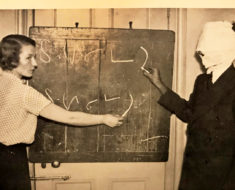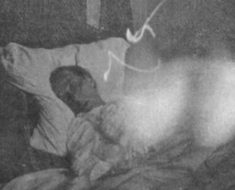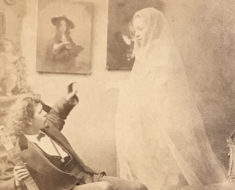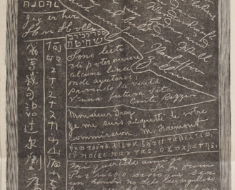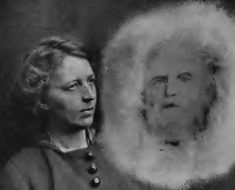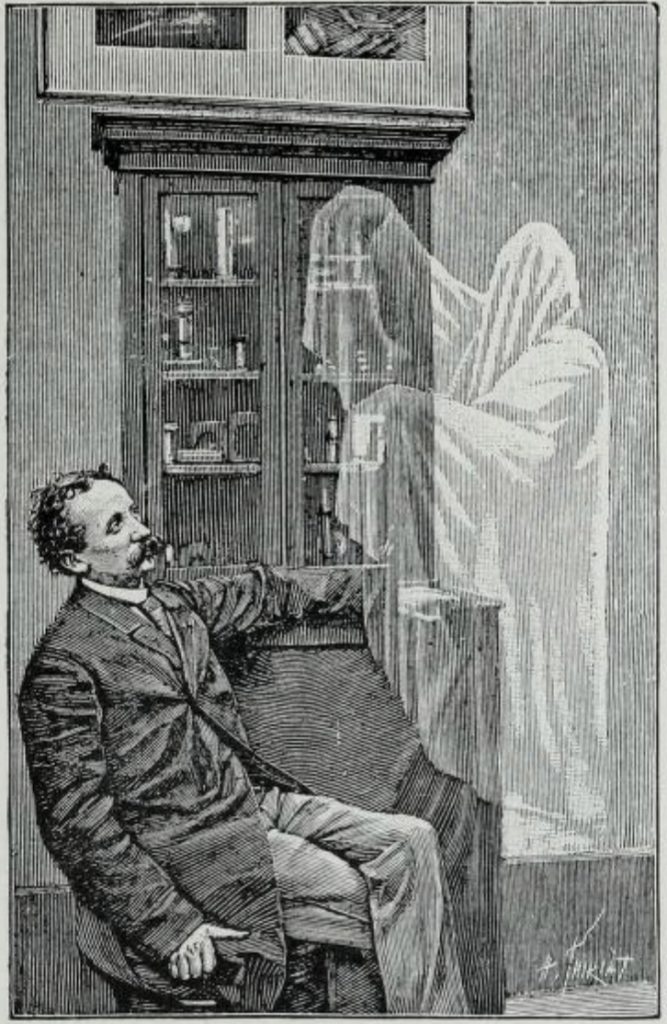
Spiritualist mediums made a lot of money from people willing to pay for messages from deceased loved ones. But why stop with old flames when there are so many new spirits to meet? In 1927, Nellie C. Moore saw this potential, so she decided to earn a little extra cash by playing matchmaker between the living and the dead.
The opportunistic medium had been working with a 71-year-old Kansas farmer named John Seybold. She roped him in by summoning the spirit of his son first, then after earning his trust, Moore introduced him to “Sarah” during a séance. She was a spirit apparently looking for a relationship back on good ol’ Earth. The farmer and Sarah flirted through the séances and soon enough, he proposed. Moore conducted the wedding ceremony. Like any wedding, there were attendees from both sides. Seybold’s were alive, and Sarah’s were not.
Not surprisingly, this unusual marital bliss did not last. In fact, Seybold may have started to sour on his spirit bride before they ever made it to the honeymoon.
“An empty chair was provided for ‘Sarah’ who failed to materialize despite assurances she was there,” an article reported.
So Seybold sued.
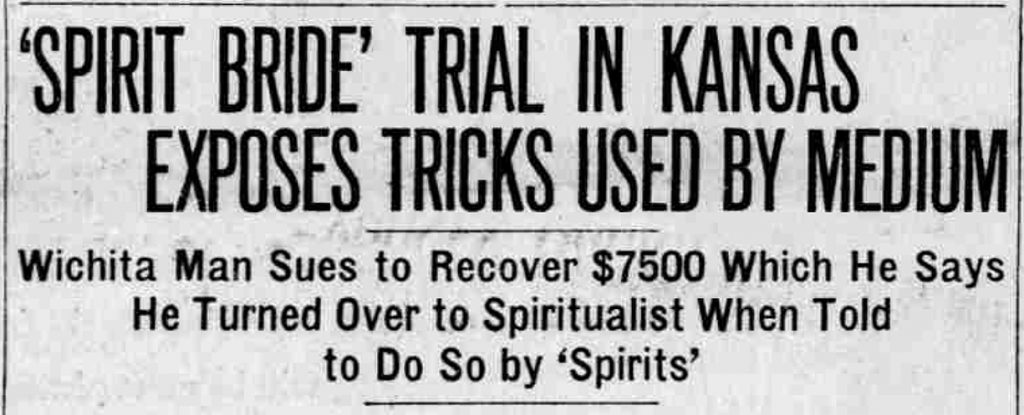
The wedding had cost him $100, plus he bought roses for Sarah, purchased a wedding gown and a ring, and handed over deeds to 480 acres of land to Moore. It was a pricey affair for a bride who wouldn’t—and couldn’t—show up.
As if that wasn’t bad enough, he’d forked over thousands more based on suggestions given by other ghosts Moore conjured. This included payments for her rent, new furniture, and her children’s education. At times, Seybold claimed, this money was “whisked away in the darkened séance room by an illuminated hand.”
For these damages, the farmer’s lawsuit sought a $7,500 judgment against Moore. The medium defended herself claiming that all transactions were business dealings. Seybold, she testified, came to her in poor health and “he wanted to promote spiritualism and leave something good behind him to perpetuate his memory.”
He had the money, and she was more than happy to provide the spiritualistic work he allegedly desired.
Despite the absurdities of a spirit wedding, the judge ruled that Seybold couldn’t reclaim his money unless he could produce a contract with the medium that was illegal. Sadly, Seybold and his attorneys could not.


